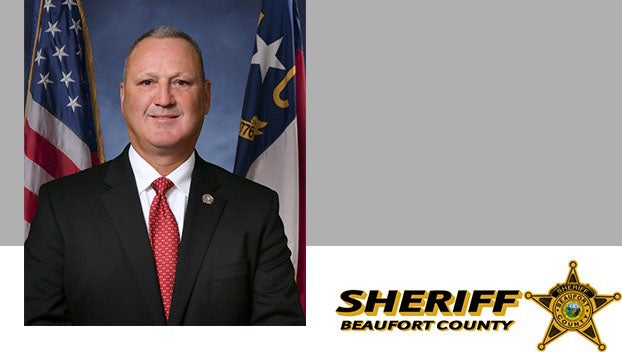Highway funds allocated
Published 10:18 pm Thursday, October 4, 2012
Totals of street-aid allocations for municipalities across the state have been released by the North Carolina Department of Transportation.
Aurora, Bath, Belhaven, Chocowinity, Pantego, Washington and Washington Park are slated to receive two installments of Powell Bill funds — one occurred Oct. 1, another to be Jan. 1, 2013 — for the purpose of maintaining, repairing, constructing, reconstructing or widening of local streets for which the municipalities are responsible.
The allocations are funded by a 1 ¾-cent tax on each taxed gallon of motor fuel sold in North Carolina within the fiscal year. For 2011-12, a total of $142,814,353.45 will be distributed to 508 municipalities across the state. Population determines 75 percent of a given city’s allocation, at $20.43 per person; eligible mileage within the municipality determines the remaining 25 percent, at $1,610.94 per mile.
Total allocations for each Beaufort County municipality are: Aurora, $24,809.49; Bath $8,245.54; Belhaven, $60,729.51; Chocowinity, $27,525.72; Pantego, $6,706.71; Washington, $294,089.88; and Washington Park, $15,256.82.
Unlike the other Beaufort County municipalities, a portion of Washington’s funds is withheld by the state.
“We receive a bill from the state every year before the Powell Bill allocations — one in October, one in January,” said Matt Rauschenbach, Washington’s finance officer. Rauschenbach said the city receives a bill for $112,495.34.
That deduction represents 1/15 of the total cost of utility relocations made by the NCDOT when the U.S. Highway 17 bypass was being constructed. City sewage and water lines were replaced at a cost of close to $1.8 million, and the state billed the city for the work. City and state representatives agreed to payments to be made for 15 years through Highway Fund deductions. The deductions have occurred for the past three years, with another 12 years left.
In 2009, when NCDOT first issued a bill to the city, there was discussion as to whether the City of Washington was required to pay for the utility relocations — cities with populations over 10,000 are required to pay for state relocations of municipal utilities; those under, are not, according to Rauschenbach. At the time, Washington’s population was just over 10,000 people. It has since dropped beneath that threshold. Rauschenbach said state deductions from the Powell Bill allocations do not impede the city’s ability to maintain and repair municipal roadways: the money is made up from the city’s water and sewage fund.
Allen Lewis, director of public works, said repairs and paving to be done in Washington will be decided in the coming months.
“Generally, we’ll look at it over the winter,” said Lewis. “Paving season stops Dec. 15 and doesn’t get cranked up again until March 15. Generally speaking, it just gets too cold.”
NCDOT has dispersed Powell Bill funds of $3,639,151,493.80 to municipalities in the 61 years since its creation. Since 1951, the number of municipalities benefitting from the fund has risen from 386 to 508. Charlotte receives the most state money at $19,288,487.17, while Spencer Mountain in Gaston County receives the least at $1,191.01.





